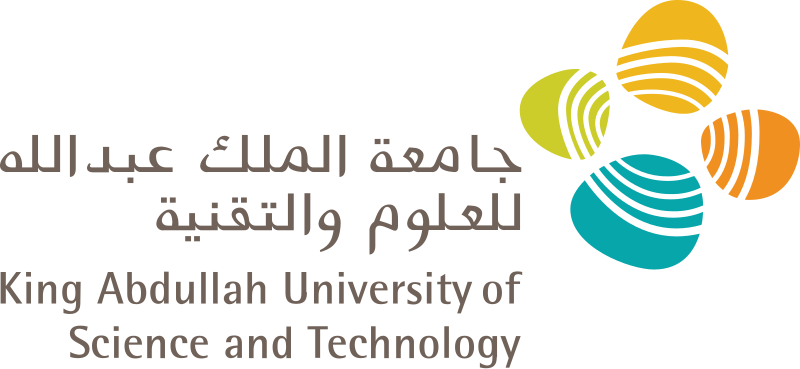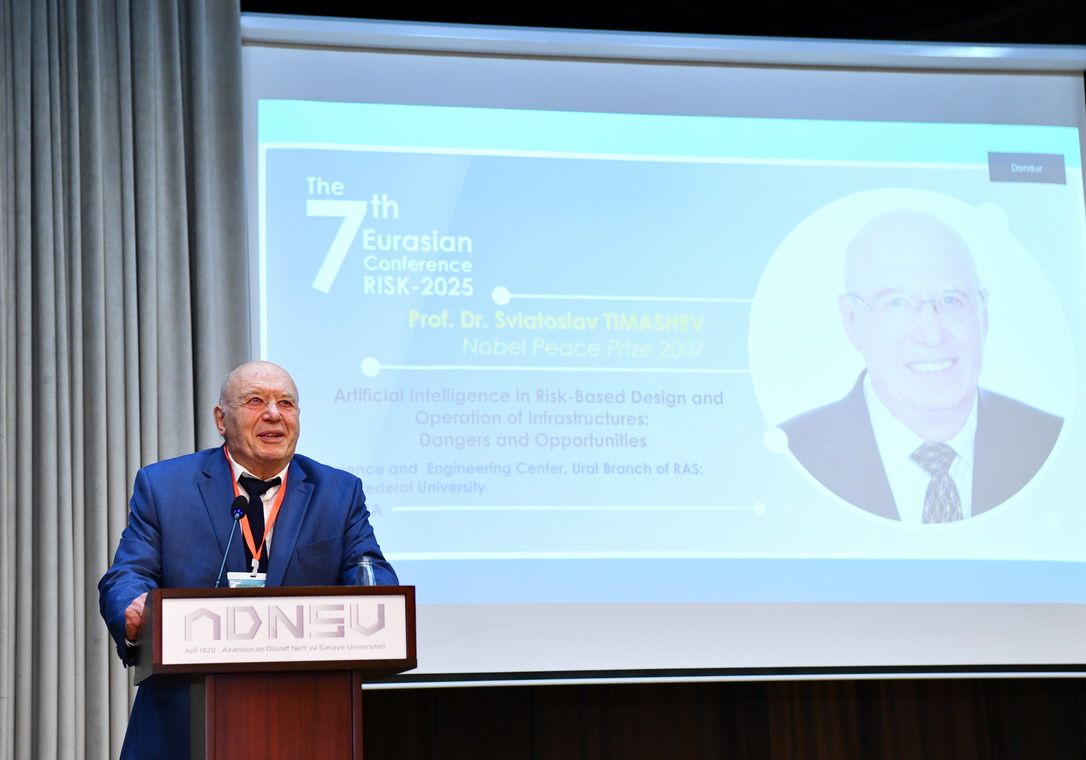
Applying to KAUST - Your Complete Guide for Masters & Ph.D. Programs (Upcoming Admissions)
Admissions Overview & Key Requirements

The Azerbaijan State Oil and Industry University (ASOIU) opened its doors on October 21 to the 7th International Eurasian Risk Conference, “RISK-2025,” drawing leading experts from across the globe to discuss the future of resilient infrastructure, technological risks, and sustainable development.
This year’s conference, themed “Risk-Oriented Design and Operation of Infrastructure Systems: The Sustainability Paradigm,” brought together participants from engineering, energy, ecosystem management, and policy, with organizers included AMIR Technical Services, ASOIU, the U.S.-based Gnedenko Forum for the International Group on Reliability, the International Commission on Irrigation and Drainage (ICID), and Italy’s Politecnico di Milano.
In his opening remarks, ASOIU Rector Associate Professor Rufat Azizov emphasized the global importance of safe and resilient infrastructure management in a rapidly evolving world. He highlighted the role of scientific collaboration and knowledge exchange, particularly the integration of artificial intelligence in risk management, in shaping the next generation of engineers. “RISK-2025 is not only a platform for research exchange but also a catalyst for strengthening regional and international partnerships,” he said. The rector further emphasized the conference’s potential to influence infrastructure planning, energy security, and sustainable development strategies.
The conference chair, Professor Vugar Aliyev, detailed the program’s focus on emerging directions in risk engineering, technological impacts on ecosystems, and the human factor in complex systems.
The conference featured a series of high-profile keynote presentations. Professor Sviatoslav Timashev, Nobel Peace Prize laureate and director of the Science and Engineering Center at Ural Federal University, examined artificial intelligence in risk-based infrastructure design and operation. He argued that AI offers both potential risks and transformative opportunities in industrial systems, emphasizing that risk is not merely a threat but a necessary stage of development. Timashev highlighted the importance of examining the ethical and safety dimensions of AI algorithms in infrastructure projects.
Professor Ilan Kelman, head of University College London’s Risk and Disaster Reduction Department, challenged conventional ideas about disasters. Speaking on “Disasters by Choice: Why ‘Natural Disasters’ Rarely Exist,” he noted that disasters often stem from social and governance failures, and that effective risk reduction depends on careful planning and the development of community behavioral models.
Energy and sustainability were one of the conference's central themes. Professor Way Kuo of City University’s Advanced Research Institute examined the role of alternative energy sources and technological innovation in securing a sustainable energy future. He presented evidence showing how sustainable energy production contributes to both economic and ecological stability.
Professor Bach Tan Sinh from Hanoi National University highlighted the human cost of climate change in Asia. Discussing flood management in Vietnam’s Mekong Delta, he emphasized the need for government-level policies to adapt to risk and mitigate these threats.
Infrastructure safety was another focus. Professor Marco Arcieri, president of Italy’s International Irrigation and Drainage Commission, shared lessons from risk-oriented management of large dams. His presentation showcased how modern monitoring systems can prevent failures in critical infrastructure projects.
Throughout the day, participants engaged in panel discussions and poster sessions on risk-informed decision-making, food security, land reclamation technologies, and disaster risk assessment in the Arctic. Over the conference’s three days, sessions will further explore human factors in sustainability, urban safety, risk and resilience in the oil and gas sector, and technological risks in sustainable development.
Share

Applying to KAUST - Your Complete Guide for Masters & Ph.D. Programs (Upcoming Admissions)
Admissions Overview & Key Requirements

Registration Opens for SAF 2025: International STEAM Azerbaijan Festival Welcomes Global Youth
The International STEAM Azerbaijan Festival (SAF) has officially opened registration for its 2025 edition!

An mRNA cancer vaccine may offer long-term protection
A small clinical trial suggests the treatment could help keep pancreatic cancer from returning

Young Leaders Union Conference 2025 in Paris (Fully Funded)
Join Global Changemakers in Paris! Fully Funded International Conference for Students, Professionals, and Social Leaders from All Nationalities and Fields

Yer yürəsinin daxili nüvəsində struktur dəyişiklikləri aşkar edilib
bu nəzəriyyənin doğru olmadığı məlum olub. Seismik dalğalar vasitəsilə aparılan tədqiqatda daxili nüvənin səthindəki dəyişikliklərə dair qeyri-adi məlumatlar əldə edilib.

Lester B Pearson Scholarship 2026 in Canada (Fully Funded)
Applications are now open for the Lester B Pearson Scholarship 2026 at the University of Toronto!